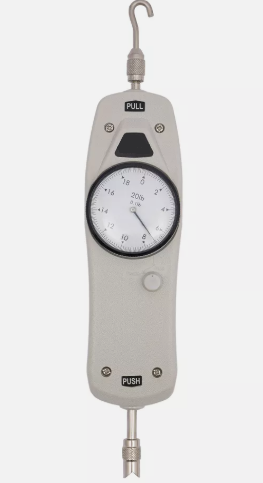
The Americans with Disabilities Act (ADA) mandates that public facilities provide equal access to individuals with disabilities. To meet these requirements, businesses and organizations often conduct ADA inspections using specialized toolkits.
However, standard toolkits may not always meet the specific needs and requirements of each facility. Customizing ADA inspection toolkits ensures more accurate assessments and customized solutions to ensure compliance with ADA regulations.
While standard ADA inspection tool kits provide a foundation for assessing accessibility features, every facility has unique features that differentiate it from others. Factors such as layout, construction materials, and existing accommodations require customized evaluation approaches. By customizing toolkits, like Ada tape measure, inspectors can address unique challenges and identify unique solutions to improve accessibility.
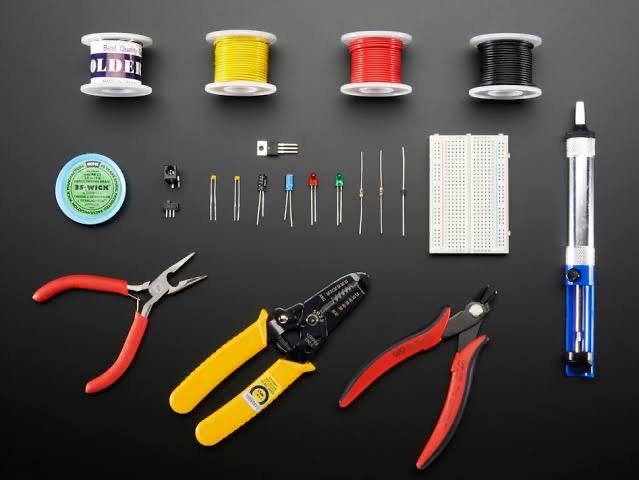
Customize assessment criteria based on the special features and needs of the inspected facility. Consider factors such as entrance configurations, restroom accessibility, parking facilities, and pathway conditions when developing assessment guidelines.
Include specialized tools designed to address specific accessibility issues to the standard toolkit components. For instance, inclinometers with adjustable angles can accurately measure slopes in areas with varying terrain. Similarly, tactile rulers and gauges help assess the height and spacing of tactile warning surfaces for individuals with visual impairments.
Include digital tools and software applications to facilitate data collection, analysis, and reporting processes. Customizable inspection checklists and digital measurement tools improve efficiency and accuracy during inspections. Also, digital platforms ensure centralized storage of inspection data, facilitating comprehensive facility management and compliance tracking.
Provide training to inspectors on the customized toolkit components and their uses. Ensure that inspectors are well-skilled in using specialized tools and interpreting assessment results accurately. Proper education and skill development empower inspectors to conduct thorough and effective evaluations.
There are several benefits to customizing ADA inspection toolkits, they include:
Customized assessment criteria and specialized tools improve the accuracy of evaluating accessibility, leading to a more accurate assessment of ADA compliance.
Customized toolkits address special accessibility challenges unique to each business and organization, ensuring a comprehensive assessment of all important features.
Streamlined inspection processes and digital solutions improve efficiency, allowing inspectors to conduct thorough evaluations within a short time.
By identifying the issues specific to each facility and coming up with unique solutions, customized toolkits help businesses and organizations achieve and maintain ADA compliance.
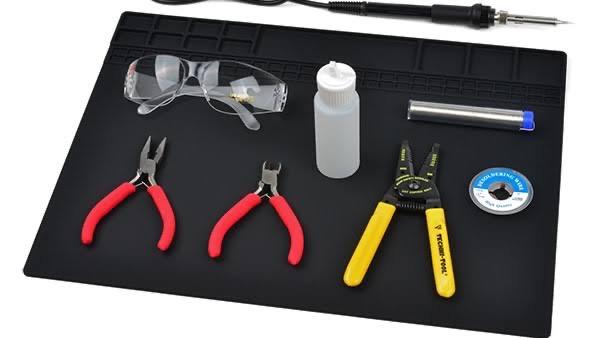
Customizing ADA inspection toolkits is crucial for conducting accurate and effective accessibility assessments in public facilities. By customizing assessment criteria, using specialized tools, leveraging digital solutions, and providing adequate training, inspectors can improve the accuracy and efficiency of inspections.
Customized toolkits empower businesses and organizations to address facility-specific accessibility challenges and display a commitment to ensuring equal access for individuals with disabilities.
Incorporating ADA inspection toolkit customisation as a key factor for ADA compliance improves and fosters an environment that is accessible to everyone including those with disabilities.
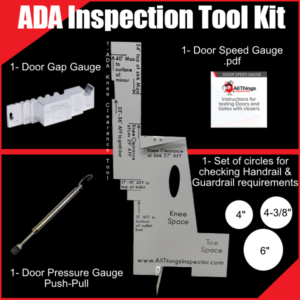
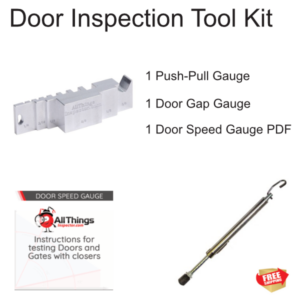

Measuring door pressure is acting in compliance with building regulations, like the Americans with Disabilities Act (ADA). It’s an important step in ensuring accessibility, safety

When talking about building safety, the first things that come to mind are fire alarms, emergency exits and security systems. Meanwhile, the one tool that